A Different Light – 13 July 2019 – Free Bird
When I was eighteen I could not wait to leave home. I was off to Auckland University with my friend Gregg without looking back. Back then in the 80’s we seemed to leave home a lot earlier in the piece than these days. It was our right of passage, compared with the lingering traits of staying with their parents that kids have these days.
This week the Prime Minister announced increases of funding and changes in legislation that will fund partners, spouses and family members to look after their ill or disabled family members. This has been a long time coming. The Government started to fund family members in 2013, after a landmark judgment of the Human Rights Review Tribunal and Court of Appeal that held that the Ministry of Health policy at the time of not paying family caregivers of adult disabled people was discriminatory. However the funding came with a back hander. The new legislation, the Section 4A of the NZ Public Health and Disability Act, which underpins the policy, banned families from challenging the policy in court and with the Human Rights Commission on the grounds of discrimination. This heavy-handed hushing of people’s rights was unprecedented. Unbelievably it’s remained in law. The Prime Ministers announcement included a repeal of the law next year.
I welcome the increase in funding that will enable family members to be paid a decent wage and the returning of the rights to disabled people and their families to take the government to court if they see fit. BUT I feel there is a piece of dialogue missing in the discussion. After years of families battling through the court systems to be recognised and remunerated for looking after their adult sons and/or daughters, no one has raised the appropriateness of adults living with their parents for ever and a day. Sometimes disabled adults with high needs need to be given the opportunity to live outside of their family home, with the right support. Through providing an Advocacy Service I have often seen co-dependent relationships form. I have seen financial dependency on the disabled family member as a source of income. Even financial abuse. Often no plans are put into place for when parents are just too old to provide support for their sons and daughters and things suddenly turn to custard and no forward planning has been done for an alternative life outside of the parental home.
Sometimes parents can be a significant disabling factor for a disabled person. But none of this was mentioned in the elongated scrap over whether or not family members should be funded or not. Disabled people, no matter how complex their needs are, should have some control and choice of where they live and have the option of life outside the family home.
Having said this, I am currently enjoying the full presence of my daughter, son-in-law and mokopuna as they have very recently moved back from Brisbane into our house, they will of course eventually move.
Jonny Wilkinson is the CEO of Tiaho Trust – Disability A Matter of Perception. A Whangarei based disability advocacy organisation.
